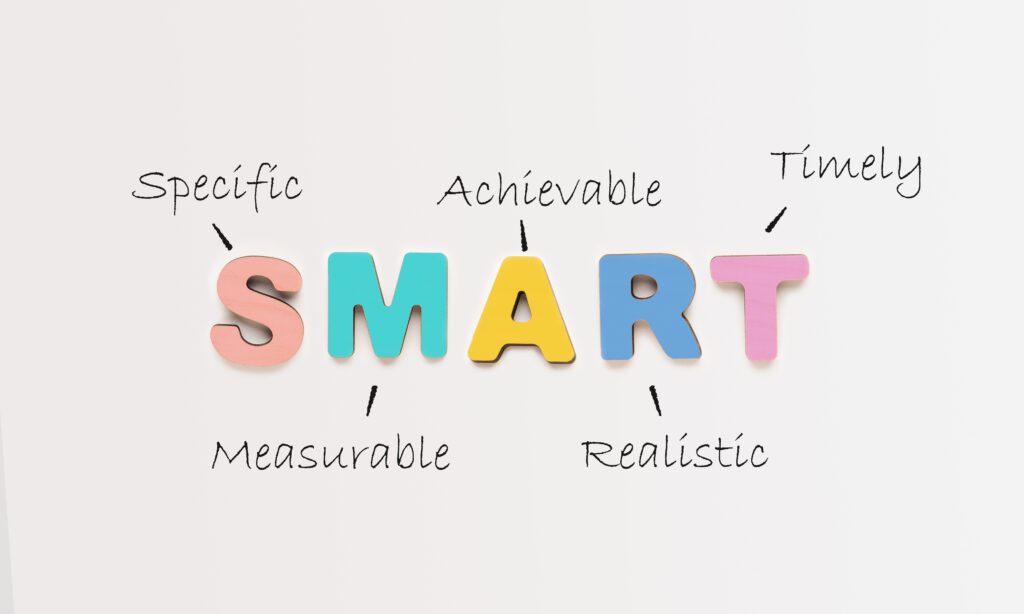Learn More about Virtual Mental Health Coaching and how you can get individualized Tips and health improvements from the comfort of your own home.

Introduction
Virtual mental health coaching offers a convenient and accessible alternative to traditional in-person therapy. It provides support for stress management, goal setting, and personal development, empowering individuals to improve their mental well-being.
Coaching vs. Therapy
It’s crucial to distinguish between coaching and therapy. Therapy focuses on diagnosing and treating mental health disorders, while coaching emphasizes personal growth and skill development.
Benefits of Virtual Coaching
- Accessibility &
 Convenience: Access coaching sessions from anywhere with an internet connection, eliminating travel time and scheduling constraints.
Convenience: Access coaching sessions from anywhere with an internet connection, eliminating travel time and scheduling constraints. - Cost-Effectiveness: Often more affordable than in-person therapy.
- Privacy & Comfort: Enjoy the privacy and comfort of your own space during sessions.
Types of Virtual Coaching Services
- Individual Coaching: One-on-one sessions tailored to your specific needs and goals.
- Group Coaching: Participate in group sessions with others, fostering peer support and shared learning.
- Workshops & Webinars: Attend educational sessions on topics like stress management, mindfulness, and resilience.
- Self-Help Resources: Access online resources like e-books, videos, and interactive tools.
Platforms for Virtual Coaching
- Secure Telehealth Platforms: These platforms provide a dedicated space for virtual sessions, ensuring confidentiality and compliance with healthcare regulations.
- Video Conferencing Tools: Leverage Zoom, Skype, or Google Meet for convenient communication.
- Mobile Apps: Explore mental health apps like Headspace and Calm for on-the-go support.
Benefits for Individuals
Virtual coaching can be particularly beneficial for individuals dealing with stress, anxiety, and everyday challenges.
- Experience social anxiety or discomfort with in-person interactions: The privacy and comfort of virtual sessions can make it easier for some individuals to open up and engage in therapeutic work.
- Face transportation barriers or live in remote locations: Virtual coaching eliminates the need for travel and provides access to support regardless of geographic location.
- Have busy schedules: Flexibility in scheduling appointments allows individuals to fit coaching sessions into their busy lives.
- Are concerned about the stigma associated with seeking mental health support: Virtual coaching can offer a more discreet and private option for those who may feel uncomfortable seeking help in person.
Finding a Qualified Coach
- Credentials: Choose a coach with relevant certifications and a strong track record.
- Experience: Select a coach with expertise in the areas where you seek support.
- Compatibility: Choose a coach with whom you feel comfortable and connected.
- Reviews & Testimonials: Read reviews from previous clients to gain insights into their experiences.
- Initial Consultation: Schedule an initial consultation to discuss your goals and determine if the coach is a good fit.
Setting SMART Goals
Work with your coach to set Specific, Measurable, Attainable, Relevant, and Time-bound goals to ensure a clear and focused coaching journey.
Tools & Techniques
Coaches utilize a variety of techniques, including cognitive behavioral therapy, mindfulness exercises, and motivational interviewing, to help you achieve your goals.
Challenges of Virtual Coaching
- Technology Barriers: Ensure reliable internet access and suitable devices for optimal participation.
- Building Rapport: Actively engage with your coach to build trust and rapport in a virtual setting.
- Privacy Concerns: Choose HIPAA-compliant platforms to protect your privacy and confidentiality.
The Future of Virtual Mental Health Coaching 
- Technological Advancements: Expect advancements in virtual reality and AI to enhance the coaching experience.
- Expansion of Services: The range of services offered through virtual coaching is likely to expand in the future.
Conclusion
Virtual mental health coaching provides a convenient and accessible pathway to improve your mental well-being. By selecting a qualified coach and setting clear goals, you can effectively leverage this valuable resource to achieve your personal and professional aspirations. This flexible model of care offers practical tools for sustained mental and emotional resilience.
Author

Avidon Health is transforming how organizations promote healthier lifestyles through behavior change science and technology-driven coaching. Our mission is to empower individuals to achieve better health outcomes while driving measurable business success for our clients.With over 20 years of expertise in health coaching and cognitive behavioral training, we’ve built a platform that delivers personalized, 1-to-1 well-being experiences at scale.Today, organizations use Avidon to reimagine engagement, enhance health, and create lasting behavior change—making wellness more accessible, impactful, and results-driven.

 Convenience: Access coaching sessions from anywhere with an internet connection, eliminating travel time and scheduling constraints.
Convenience: Access coaching sessions from anywhere with an internet connection, eliminating travel time and scheduling constraints.
